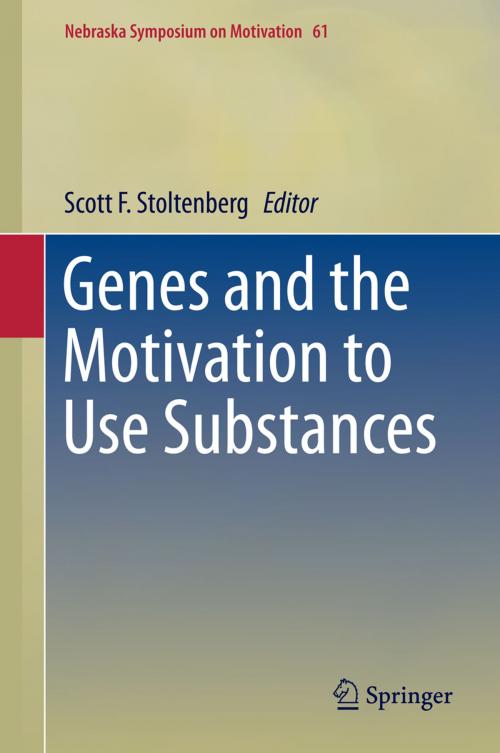Genes and the Motivation to Use Substances
Nonfiction, Health & Well Being, Psychology, Experimental Psychology, Cognitive Psychology| Author: | ISBN: | 9781493906536 | |
| Publisher: | Springer New York | Publication: | June 12, 2014 |
| Imprint: | Springer | Language: | English |
| Author: | |
| ISBN: | 9781493906536 |
| Publisher: | Springer New York |
| Publication: | June 12, 2014 |
| Imprint: | Springer |
| Language: | English |
Human beings have been using intoxicating substances for millennia. But while most people have used psychoactive substances without becoming dependent on them, a significant minority develop substance use disorders. The question remains: why does addiction occur in some and not others? The 61st installment of the Nebraska Symposium on Motivation, Genes and the Motivation to Use Substances probes the complex role of genetics in substance use and abuse across diverse methodologies, research organisms, levels of analysis and disciplines. Its combined lifespan/motivation approach to individual differences sheds necessary light on genetic vs. environmental factors in vulnerability, addiction risk, the relationship between behavioral disinhibition and substance use and the motivation to quit. While alcohol use/abuse is the focus of much of the book, its chapters provide scientific and clinical insights into substance abuse in general as well as implications for treatment. And an intriguing conclusion discusses the need to bridge the gap between genetics and neuroscience and the best scientific conditions in which this integration may thrive. Included in the coverage: • Rodent models of genetic contributions to the motivation to use alcohol. • The adolescent origins of substance abuse disorders • The developmental matrix of addictive behavior • The genetics of cannabis involvement • The DNA methylation signature of smoking • Genomics of impulsivity: integrating genetics and neuroscience. Reflecting the current state of knowledge in a field with groundbreaking potential, Genes and the Motivation to Use Substances is a fascinating resource for psychologists, psychiatrists, geneticists, neuroscientists, social workers, policymakers and researchers in addiction.
Human beings have been using intoxicating substances for millennia. But while most people have used psychoactive substances without becoming dependent on them, a significant minority develop substance use disorders. The question remains: why does addiction occur in some and not others? The 61st installment of the Nebraska Symposium on Motivation, Genes and the Motivation to Use Substances probes the complex role of genetics in substance use and abuse across diverse methodologies, research organisms, levels of analysis and disciplines. Its combined lifespan/motivation approach to individual differences sheds necessary light on genetic vs. environmental factors in vulnerability, addiction risk, the relationship between behavioral disinhibition and substance use and the motivation to quit. While alcohol use/abuse is the focus of much of the book, its chapters provide scientific and clinical insights into substance abuse in general as well as implications for treatment. And an intriguing conclusion discusses the need to bridge the gap between genetics and neuroscience and the best scientific conditions in which this integration may thrive. Included in the coverage: • Rodent models of genetic contributions to the motivation to use alcohol. • The adolescent origins of substance abuse disorders • The developmental matrix of addictive behavior • The genetics of cannabis involvement • The DNA methylation signature of smoking • Genomics of impulsivity: integrating genetics and neuroscience. Reflecting the current state of knowledge in a field with groundbreaking potential, Genes and the Motivation to Use Substances is a fascinating resource for psychologists, psychiatrists, geneticists, neuroscientists, social workers, policymakers and researchers in addiction.















